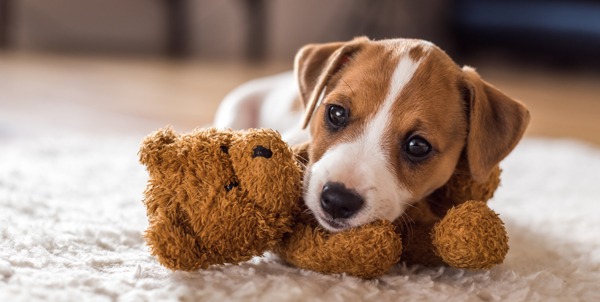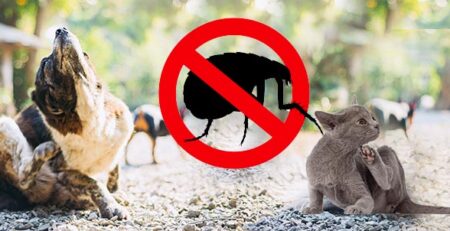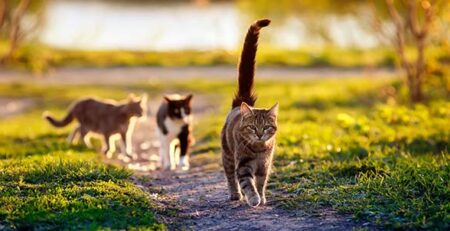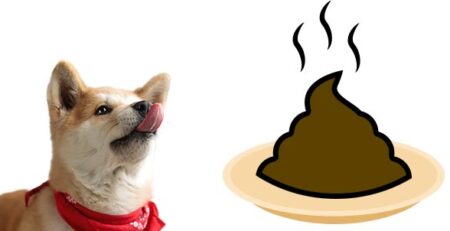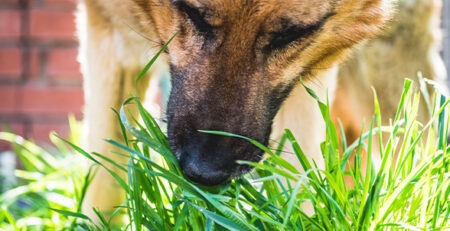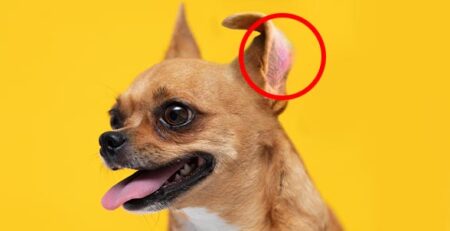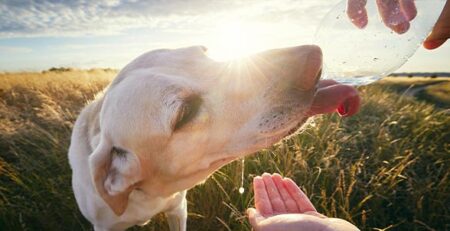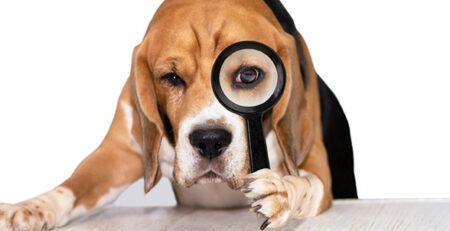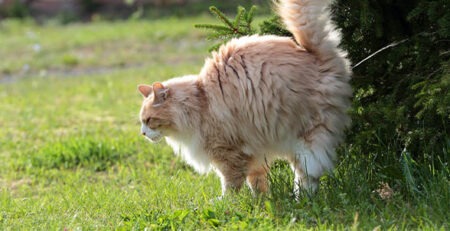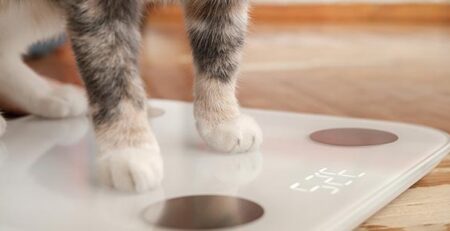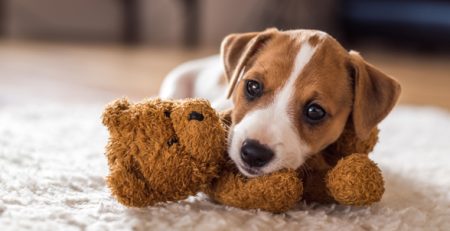A puppy dog on the way: are you really ready?
Puppy dog arriving in one’s home, in one’s family: it is an event that must be approached responsibly and, above all, in full awareness that each animal is an individual with its own personality and needs different from ours. Saying we love it is not enough: it is necessary to learn to understand and accept it for what it is, without coercive and repressive humanizations of its nature.
Preparing the environment for the arrival of the puppy
Your puppy’s first days at home will see him busy exploring his new environment. The little four-legged puppy will sniff anything and sneak everywhere as is normal. And this is exactly how many accidents also occur. To limit the chances of unpleasant unforeseen events happening:
- Reserve an area of the house for the puppy alone initially and let him explore only in your presence
- Remove from his reach anything that is potentially hazardous to his health: slippers, medicines, detergents, knick-knacks, and small objects that could be chewed and swallowed
- Keep low doors and windows closed
- If you have a garden, make sure walls and fences are escape-proof.
- And if there is a swimming pool in the backyard, the puppy must stay at a proper distance from it.
Puppy’s first night at home
First, it should be pointed out that a puppy dog should be separated from its mother NO LATER than 90 days. During this period, in fact, puppies learn important social and communication skills that only mama dog can impart. Mama dog helps her young develop a greater ability to cope with new or stressful situations such as separation from the litter. For your puppy, leaving mom and her siblings will involve a great deal of emotional upheaval. It is normal for him to be frightened the first few days, and this may prevent him from sleeping peacefully precisely because he misses his mother’s warmth and the rest of the litter. The first night you can place his basket with pillow next to your bed to help him get used to your presence and new environment. By doing this, you will also be able to keep an eye on him. If you decide to have him sleep on the bed with you, he is likely to keep this habit forever so be aware and don’t complain later because you wanted him to.
Time, patience and understanding to avoid separation anxiety
Smart working offers the privilege of working from home in the company of four-legged friends. Unfortunately, however, most people are forced to leave early or return home late for work therefore, in such cases, it is good to gradually accustom the puppy dog to being alone. This process requires patience, consistency and appropriate methodologies. It is advisable to start with short periods of separation, leaving the puppy alone in the house for 5-10 minutes while you are present in the garden or another room. Gradually, you can increase the separation time to longer periods. During these initial trials, it is important not to greet the puppy excessively when leaving and re-entering; this helps to avoid negative associations with the act of being left alone.
Using positive reinforcement is another key aspect of puppy training
Rewarding the animal when it remains calm and quiet during absences is crucial. This can include snacks or words of encouragement. Similarly, it is important to ignore any anxious or crying behaviors during early separation attempts to prevent the puppy from associating these behaviors with a demand for attention. In some cases, the use of interactive toys may prove useful in keeping the puppy occupied during absence. These objects not only mentally stimulate the animal, but also help it channel its energy into positive activities. Finally, the importance of a daily routine with regular times for meals, walks and playtime should be considered: regularity helps reduce the puppy’s anxiety. However, be clear that in its first four months of life a puppy should not be alone overall for more than two hours a day. Therefore, if you cannot guarantee your presence in the house and the idea is to condemn the dog to eternal loneliness, it is clear that you are unsuitable and inadequate for a dog.
The socialization of the puppy
Proper socialization makes all the difference and enables the puppy to become a confident and balanced adult dog. Early socialization experiences should be handled with common sense: short, gradual outings in places that are not too noisy and crowded, away from traffic. Dogs should not be left at the mercy of children; they should not be yanked or even dragged. And they are not knick-knacks to be moved by weight at will nor should they be unleashed in the presence of other dogs especially if they are adults. Outings and encounters with other dogs can take place if the puppy has completed the vaccination program.
Vaccines are vital at all ages
Newly born puppies enjoy a certain period of protection from antibodies from their mother’s body. These are antibodies that diminish over time, however, leaving puppies vulnerable and defenseless against often deadly diseases such as parvovirus viral gastroenteritis, a highly contagious viral disease. The vaccination schedule for puppies usually begins between six and eight weeks of age, with recalls scheduled up to four months of age. It is important to follow your veterinarian’s directions regarding the timing and type of vaccines, as an incomplete or late vaccination can jeopardize your puppy’s health. Vaccination is one part of an overall management of your puppy’s health, and follow-up visits to your veterinarian are equally important to ensure healthy and harmonious growth.
To put your puppy dog through his or her first visit and set up a vaccination plan, contact the veterinary doctors on our staff who are always available to you.
We would also like to remind you that Clinica La Veterinaria is always open h24 every day including holidays and with First Aid service from 8 pm to 8 am.

